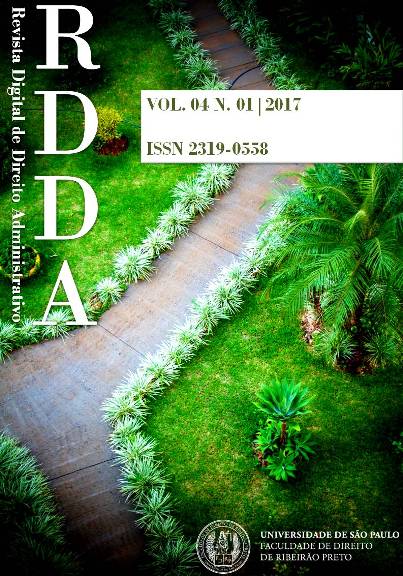Financiamento da educação básica no Brasil: uma análise dos arranjos jurídicos adotados ao longo do período republicano
DOI:
https://doi.org/10.11606/issn.2319-0558.v4i1p32-58Palabras clave:
educação, financiamento da educação básica, arranjos jurídicos, orçamento, vinculação constitucional, políticas públicasResumen
O objetivo deste artigo é tratar dos arranjos jurídicos desenvolvidos ao longo da república brasileira para financiar a educação básica. Verificou-se que a partir da década de 1930 preponderou a vinculação de receitas de impostos, que deixou de ser prevista apenas pelas Constituições de 1937 e 1967, cujos governos autoritários trabalhavam com arranjos de financiamento juridicamente menos rígidos. Após a ditadura de 1964, adotou-se novamente a vinculação, que sofreu restrições com as medidas de desvinculação orçamentária (FSE, FEF e DRU). Na década de 1990 procurou-se aperfeiçoar a regra vinculatória, por meio da criação do FUNDEF e, posteriormente, do FUNDEB, que trouxeram regras acerca do uso dos recursos e mecanismos de controle social. Portanto, o financiamento à educação, embora possa ter robusta estrutura, pode ser mitigado para resguardar o orçamento de descompassos nas contas, afetando políticas públicas vigentes.
Descargas
Descargas
Publicado
Número
Sección
Licencia
Autores que publicam nesta revista concordam com os seguintes termos:
- Autores mantêm os direitos autorais e concedem à RDDA o direito de primeira publicação, com o trabalho simultaneamente licenciado sob a Creative Commons Attribution-NonCommercial-ShareAlike 4.0 International License. que permite o compartilhamento do trabalho com reconhecimento da autoria e publicação inicial nesta revista.
- Autores têm autorização para assumir contratos adicionais separadamente, para distribuição não-exclusiva da versão do trabalho publicada nesta revista (ex.: publicar em repositório institucional ou como capítulo de livro), com reconhecimento de autoria e publicação inicial nesta revista (referência à RDDA).
- Autores têm permissão e são estimulados a publicar e distribuir seu trabalho online (ex.: em repositórios institucionais ou na sua página pessoal) a qualquer ponto antes ou durante o processo editorial, já que isso pode gerar alterações produtivas, bem como aumentar o impacto e a citação do trabalho publicado (Veja O Efeito do Acesso Livre).


